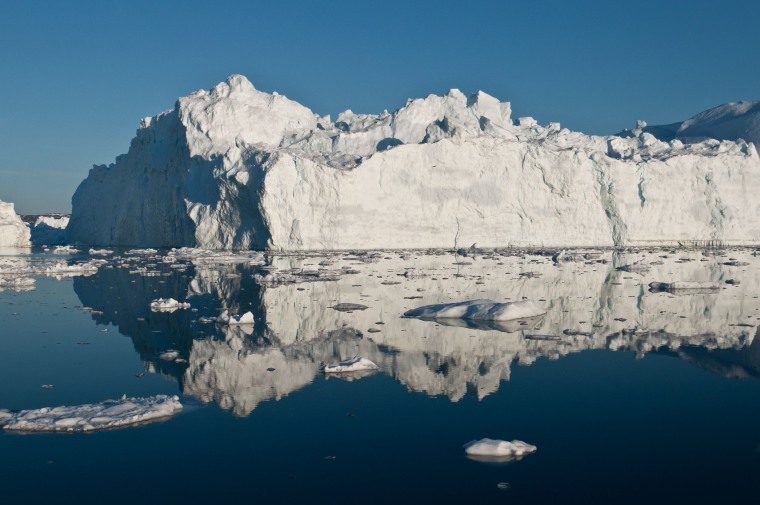In his State of the Union address a couple of weeks ago, President Obama highlighted the alarming data on global warming before taking indirect aim at Republican rhetoric.
"I've heard some folks try to dodge the evidence by saying they're not scientists; that we don't have enough information to act," Obama said. "Well, I'm not a scientist, either. But you know what, I know a lot of really good scientists at NASA, and at NOAA, and at our major universities." All of them say the climate crisis is real and in need of immediate attention.
The "I'm not a scientist" pitch took root as a GOP favorite in 2014, crafted carefully to help Republicans avoid the ridiculousness of denialism. The president noted the absurdity of the line -- one need not be a scientist to believe what scientists tell us -- and in an encouraging twist, the public isn't buying it, either. Rebecca Leber explained:
Most voters aren't scientists ... but they tend to agree with Obama and spot that the canned GOP response is insufficient, according to a January poll from the New York Times, Stanford University, and Resources for the Future. The poll also suggested why Republicans continue to use the line: It can help them in primaries where conservatives dominate the polls. Forty-nine percent of Tea Party voters said they would be more likely to vote for a "not-a-scientist" candidate. But in the general election, this answer won't work.
Quite right. According to this study, if a candidate says he or she isn't qualified to believe climate science, and he or she is focused more on the economy than global warming, 27% of respondents said they're more likely to support such a candidate, while 44% would be less likely.
The top-line results are encouraging for the reality-based community, too. Most Americans, including most Republicans, "support government action to curb global warming" and are "more likely to vote for political candidates who campaign on fighting climate change."
Given the degree to which denialism dominates GOP politics, this is yet another challenge facing the Republican ticket next year.
But it's the failure of the "I'm not a scientist" line that's especially striking, because it's such an obvious repudiation of the rhetoric Republicans are so invested in.
Greg Sargent calls the GOP's posture "Climate Non-Committalism" -- a nice line, by the way -- which may work in a Republican primary, where the base has no use for climate science, but it's evidently not a message for a national audience.
